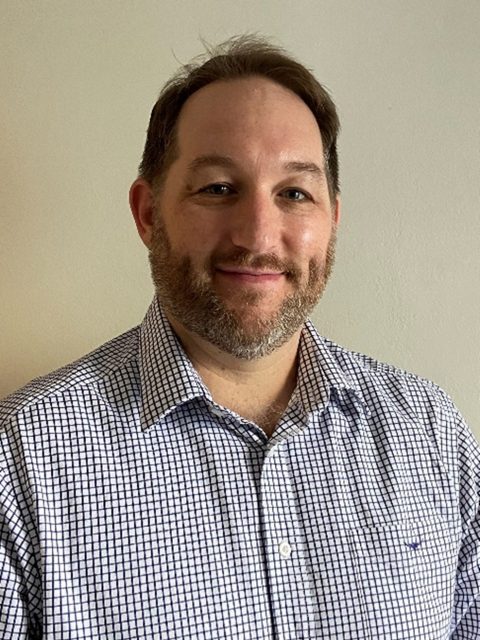
Failures, I've had a few
Senior Academic Perspective
ECA Blog: July 2024
Professor Richard Franklin
Disipline of Public Health and Tropical Medicine, James Cook University

It is not easy to write about your failures, let alone make them public. However, I believe that for every failure I have had (and there have been a few), I have learnt and grown, both as a person and an academic. The most obvious failure that we all experience in academia is the rejection of a journal article. Believe me, it does not become easier as you progress through your career. Taking feedback is probably one of the most important lessons we learn during our PhD. Like many of you, I received a lot of feedback on all aspects of the PhD, some good and some not so relevant. I have several papers that have never seen the light of day as they were rejected. However, as I have progressed in my career the number of rejected papers has decreased. This is mainly because I take on feedback seriously, think about what I want to achieve from the paper or its main message, and then pivot to a new journal. Tools like JANE (Journal/Author Name Estimator https://jane.biosemantics.org/), has made this easier. Also the more your read and write, the better you understand what different journals are looking for.
Grants are another area of frequent failure. While I have had some success in securing grants over the years, for every successful grant, there are more which do not make it through. Each time I hope I have learnt something, considered where I am wanting to go and how I can do better next time. Spending time on grants for me is tough, I would rather be doing the research than writing a grant. This means that when it comes to writing them, I often procrastinate and spend less time on them than I would have liked. I know I need to plan better and block out specific time in my schedule or else it will happen late at night after the children have gone to bed.
Job applications are another common source of failure. I vividly remember one of the first research jobs I applied for after finishing my Master’s. It was a 2-year research position with time spent at the beach, the snow and in town collecting data, it sounded fantastic. When the person recruiting rang me and told me I ranked second and would be offered the job if the person they had offered it to declined, I was hopeful. But after a week, it became clear that no one would say ‘no’ to such a position. Since that early job there have been a number that I have applied for and not been offered and in a small number of cases taken up. Job hunting after completing your PhD is challenging. There are many paths you can take: academia, industry, or even a completely new career. Since that early job application, I have applied for many positions and faced rejections. However, applying for jobs is a good opportunity to reflect on your life goals and achievements. Each application allows me to assess what I have accomplished and what I still want to achieve.
Balancing work and home life is another area where I have struggled. One of the great things about working in academia is the flexibility, aside from set times for teaching. Unfortunately, this flexibility sometimes means you work into hours that should be spent with your family. Completing a PhD while working full-time, meant missing on gatherings with family and friends. I now endeavour to have quality time with my children. When I am with them the phone is in the office, and I am fully present. I make an effort to get to as many of their activities as possible. This remains a work in progress as I write this blog on my way back from a conference.
As I conclude this blog, I am sure there are many more failures I could mention, however I am reminded of Albert Einstein’s quote ‘Failure is success in progress’. Wishing you many failures on your way to success.
Biography
Professor Richard Franklin PhD, FPHAA, FARL, FACTM, is a pracademic in the Discipline of Public Health and Tropical Medicine at James Cook University, who uses an evidence-based approach to developing real world solutions to improving health, safety and wellbeing with a focus on health services, rural populations, those working in agriculture, impacted by disasters and drowning.
University Profile: https://research.jcu.edu.au/portfolio/richard.franklin/
What’s a superpower I wish I had? Being able to pause time to be able to get more things done.